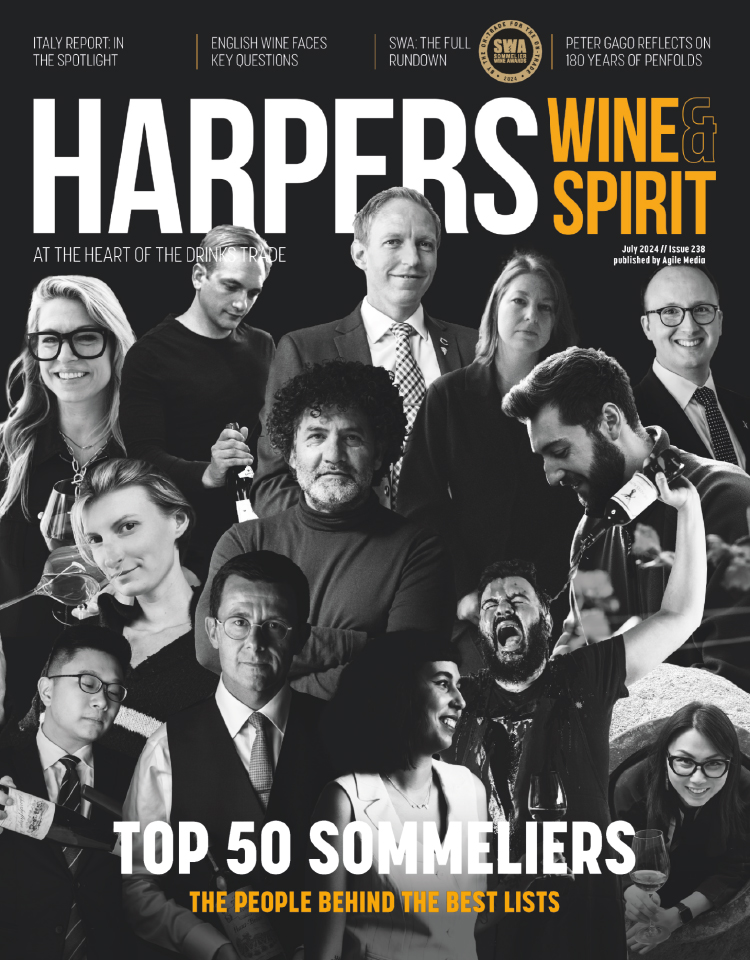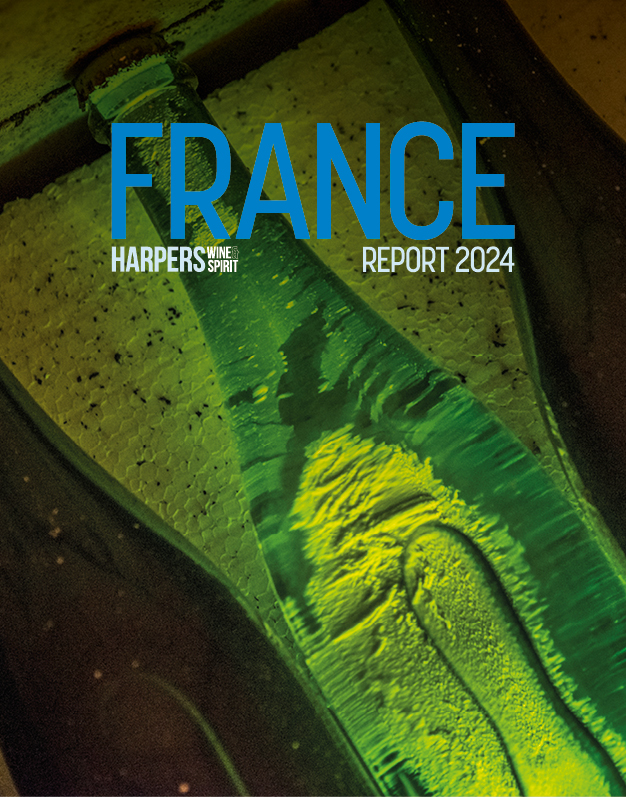
Wine and spirits hit £4bn in duty revenues for the Exchequer
Duty contributions for the wine and spirits industry has hit the £4bn benchmark for the first time, with alcohol sales hitting an all-time high.
The case for keeping duty hikes to a minimum has been strengthened by today's figures which show that alcohol sales brought in more revenue than ever before over the past year despite the freeze to spirits duty in the 2016 budget and the cut in wine duty the year before.
According to figures from the Wine and Spirit Trade Association (WSTA), during the 12 months to September 2016 wine duty brought in a milestone £4.037bn for the first time to the Treasury.
Duty on spirits, which was frozen by George Osborne in March, also boosted the coffers, bringing in £1.48bn for the six months to September - up £54m on the same period last year.
Overall, wine and spirits tax contributed £15.5bn to the Treasury in 2015, enough to fund the cabinet office six times over according to the WSTA.
Miles Beale, the WSTA's chief executive, said the figures show that reducing the wine and spirit industry's high duty burden is an effective way to counteract uncertainty post-Brexit, secure jobs and drive profit.
"Evidence shows that freezing or cuts to duty are not only popular, but have led to greater revenue for the Exchequer, more jobs, greater investment by the industry and a better deal for consumers," he said.
He added that the size and contribution of wine and spirits to the economy is regularly "vastly underestimated".
"Through distilleries, vineyards, bottling plants, logistic companies, wholesalers, distributers and retailers it supports nearly 600,000 jobs in the UK, contributes £45.5bn in economic activity and pays over £15.5bn in duty, VAT, corporation and employment taxes," he added.
"The industry has faced difficult trading conditions recently with the fall of the pound and the uncertainty of trade post-Brexit. Now more than ever the industry asks for government's support to allow the wine and spirit industry to invest, grow exports and create more jobs. And these figures show that reducing the wine and spirit industry's high duty burden is an effective way to do that."
Following the freeze in wine duty in the 2015 budget, wine duty income increased on the previous year by £139m (+3.6%) from April 2015 - March 2016 inclusive.
Following the cut in spirits duty in the 2015 budget, spirits duty income increased on the previous year by £125m (+4.1%) from April 2015 to March 2016 inclusive.
In March this year, former chancellor George Osborne announced a freeze on spirits duty, but not on wine, much to the chagrin of wine retailers and also to the growing pool of English wine producers.
Alcohol duty currently accounts for over half of what consumers pay when buying off the shelf, with 55% of the average bottle of wine in shops and supermarkets going to the taxman.
With spirits, 74% of a bottle of spirits in shops and supermarkets is accounted for by tax.
Keywords:
- wine
- News
- Trade Bodies
- Sectors
- Wine & Spirit Trade Association
- Spirits
- Finance
- Jo Gilbert
- HWS - Jo Gilbert






